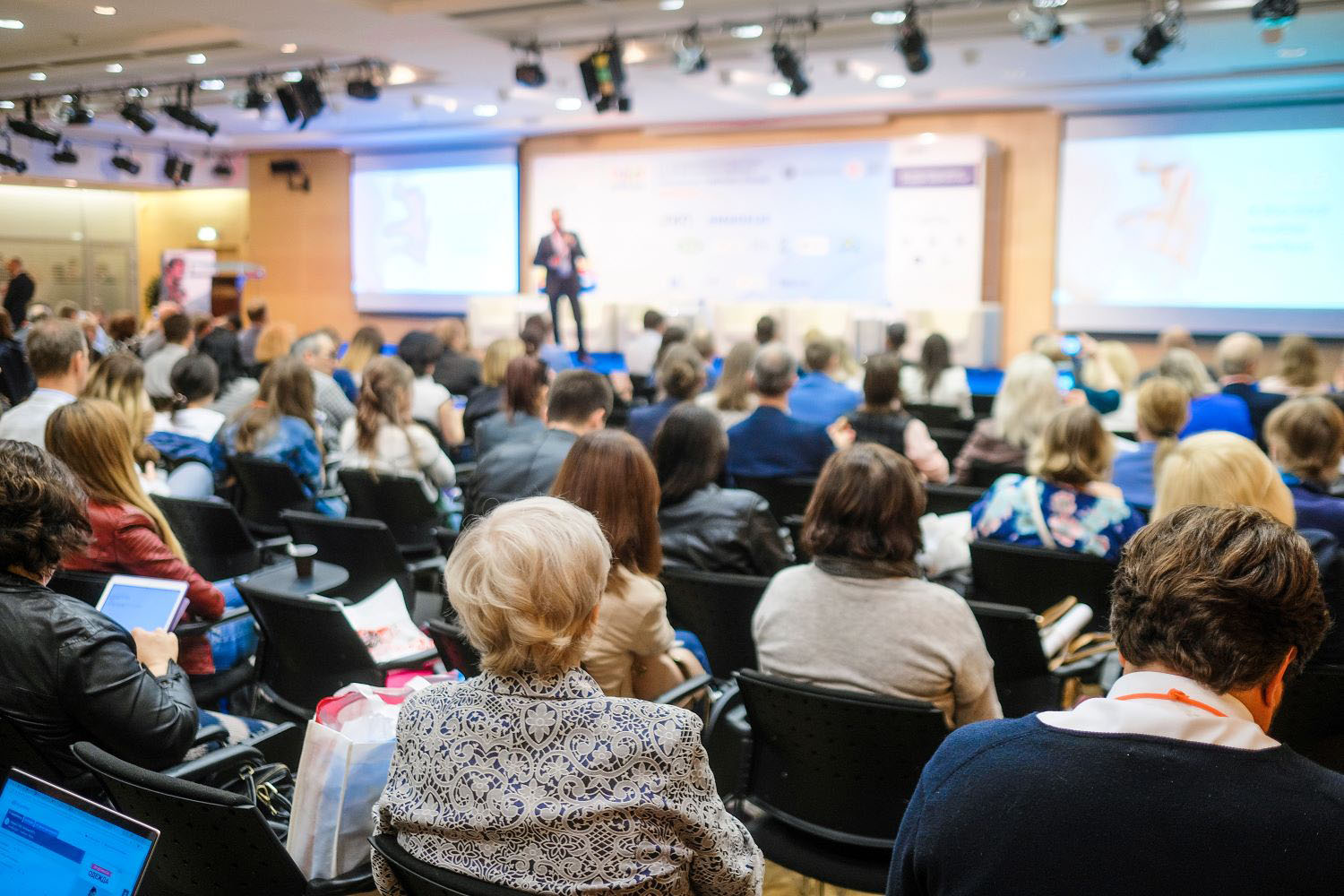This week we welcome the release of a new CGD book: Relief Chief: A Manifesto for Saving Lives in Dire Times, by Mark Lowcock. A former UN Under-Secretary-General for Humanitarian Affairs and Emergency Relief Coordinator—and a current Distinguished Non-Resident Fellow at CGD—Mark gives us an inside view into his years coordinating the UN response to humanitarian crises around the world. It’s a compelling read and ever more timely as the situation in Ukraine continues to deteriorate.
When Mark took up the reins as the UN’s “relief chief” in May 2017, he had decades of experience in leading development support to countries around the globe. (Full disclosure: for three years in the early 2000s, Mark and I worked as colleagues in adjoining offices in what was then DFID, the UK’s international development ministry. I benefited then, and have ever since, from his practical and constructive approach to solving complex problems and admired his steadfast commitment to put first the needs of ordinary people in low-income countries.) Even with his extensive experience, Mark couldn’t have predicted that the next four years would usher in an unprecedented wave of human crises stemming from war, displacement, famine, natural disasters, climate change, and finally, a global pandemic. Mark’s tenure with the UN spanned the biggest expansion of humanitarian need in modern history, and as he describes in his book, this placed enormous strain on a global humanitarian system struggling to keep up with demand. Mark makes a persuasive case that if the world doesn’t step up its commitment to addressing the root causes of conflicts—and make good on that commitment with concrete actions and sustained financing—crises will only get worse.
Relief Chief’s frank assessment of the challenges facing the humanitarian system is sobering but the book is far more than a catalog of the inhumanity inflicted on people in crises. It’s also an inspiring account of the extraordinary reach of humanitarian organizations in saving lives and alleviating suffering.
Most importantly, Relief Chief sets out a practical agenda for how the world can build a better humanitarian system. Humanitarian organizations can’t solve the drivers of humanitarian crises like conflict, climate change, and deadly diseases—but the system does have the power to fix its own problems, including through financial reforms that would allow the UN to act faster and in anticipation of crises that are often predictable.
To function most effectively, the humanitarian system must ultimately be held accountable for delivering what people in crisis actually want. Too often, the people who are most affected by crisis have the least power and influence over the organizations trying to help them. As CGD’s work on humanitarian response argues, to perform better, humanitarian organizations need to provide people with the opportunity to take control over their lives, including what aid they receive and how they receive it. As Mark explains in his book,
[t]he causes of humanitarian problems in the most vulnerable countries are not being addressed with any degree of seriousness. It is therefore unrealistic to expect needs to decline.
Humanitarian agencies do a good job, within the limits of their abilities, in saving lives and protecting the innocent. But they are far from perfect. There is a great deal of scope for the agencies to do better, especially in listening to what people say they want and giving it to them—and doing so faster.
In his four years with the UN, Mark meet with people in the midst of crises—especially women and children—in dozens of countries around the world. He listened to their experiences but also their aspirations and dreams. It is their stories that Mark brings to the pages of his book.
We’ll be celebrating the release of Relief Chief with Mark in an early June with an online reading and author discussion. Watch this space for details and please plan to join us.
CGD blog posts reflect the views of the authors, drawing on prior research and experience in their areas of expertise.
CGD is a nonpartisan, independent organization and does not take institutional positions.





